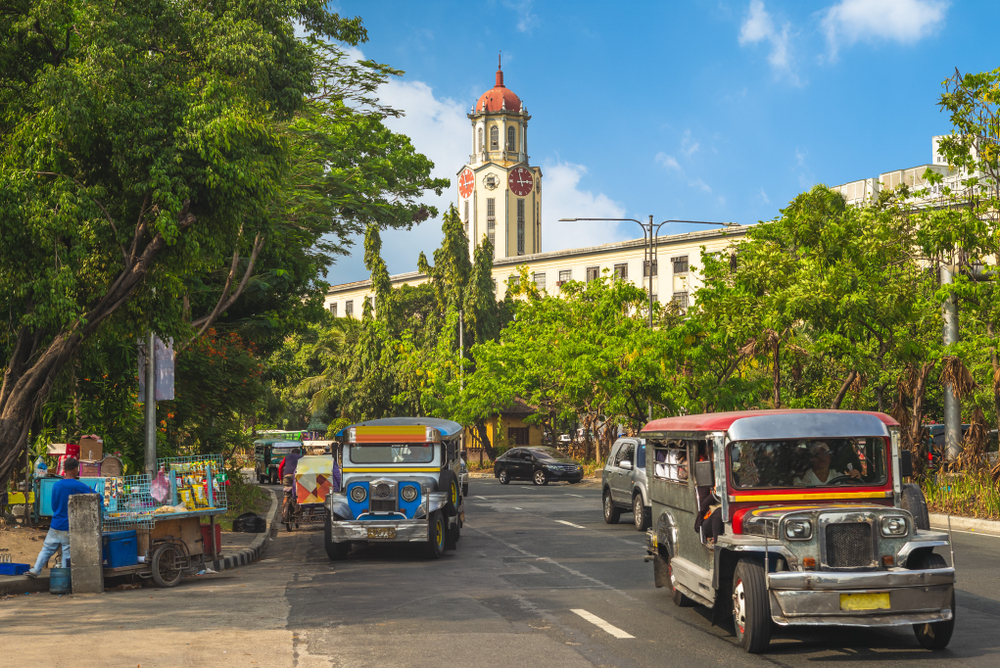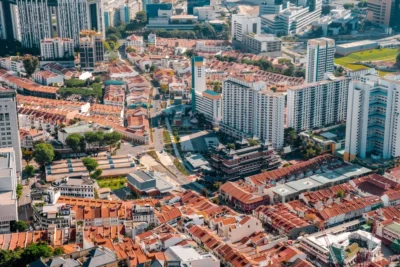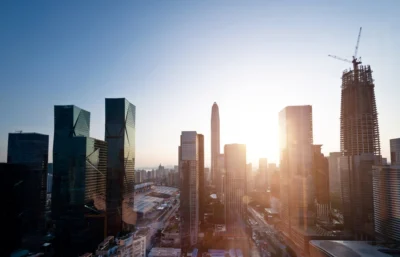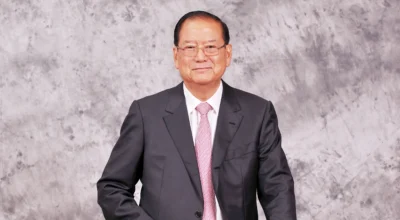The Philippines aims for a 7–9% growth in GDP in 2022
The Philippine GDP grew 5.6 percent by the end of 2021

ING shared that the Philippine GDP grew 5.6 percent by the end of 2021, which was still higher than the projected 5 to 5.5 percent growth target. Question is, will the country be able to continue and sustain this growth in 2022?
The official forecast for this year’s GDP is 7 to 9 percent, especially with the national elections coming in May.
There are, however, several factors that may hinder the country from reaching the 7 to 9 percent growth target. These include the disruption caused by the Omicron variant, the Bangko Sentral ng Pilipinas (BSP) rate reversal capping the recent rebound in bank lending, and high debt-to-GDP, which will likely handicap the incoming president.
The Philippine Economic Zone Authority (PEZA) is targeting a 6 percent improvement in investment pledges this year after a 27.36 percent decline in 2021, according to Manila Bulletin.
PEZA Director General Charito B. Plaza stated that the agency approved PHP69.30 billion (USD1.35 billion) worth of investments from export-oriented enterprises in 2021, reflecting a 27.36 percent decline from PHP95 billion (USD1.85 billion) in 2020.
PhilStar.com reported earlier this year that the Philippines will experience an economic growth spurt within the next decade. In 2033, the GDP will reach USD1 trillion, which can be attributed to the rapid growth in private consumption spending, buoyed by strong growth in household incomes.
More: The Philippines calls for more investments in the cold storage market
IHS Markit Asia-Pacific chief economist Rajiv Biswas said that “[The growth] will help to drive foreign direct investment inflows into the Philippines, as multinationals build up their local presence in a wide range of manufacturing and service sector industries.”
“Rapidly rising per capita GDP and standards of living will help to underpin a broad improvement in human development indicators and should deliver a significant reduction in the share of the population living in extreme poverty over the decade ahead,” Biswas added.
The Property Report editors wrote this article. For more information, email: [email protected].
Recommended
Foreign demand recalibrates in Southeast Asia housing markets
Even amid global headwinds, Southeast Asia’s property markets hold appeal for foreign buyers
Tariffs and turmoil test Singapore homes as suburbs hold firm
Foreign levies, regional wars, and buyer fatigue are putting pressure on the city-state’s housing market
Gulf luxury markets lure global capital amid policy shift
Gulf nations are shaking off a reputation for overt bling to lead a post-pandemic luxury boom
China housing slump deepens as oversupply drags prices
Concerns remain over surplus inventory built by troubled property developers as prices continue to fall across all but a handful of major cities








